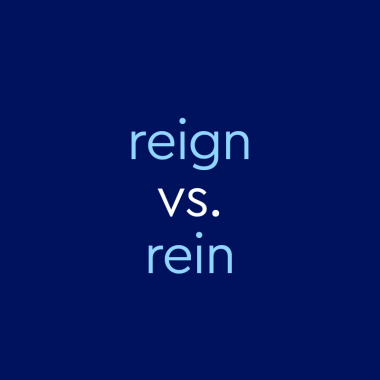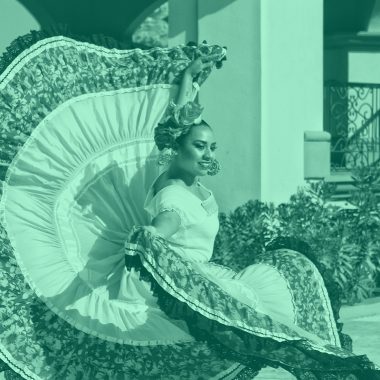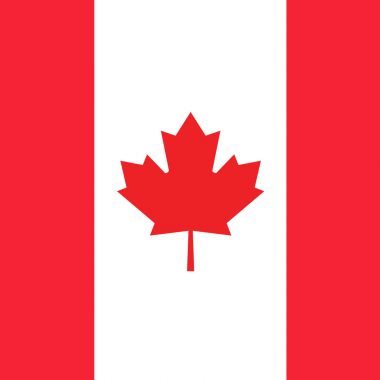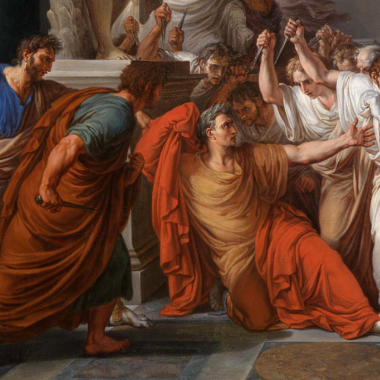“Vaccinate” vs. “Inoculate” vs. “Immunize”: What Are The Differences?
COVID-19 has greatly increased awareness and knowledge of specialized scientific vocabulary among the general public. Some of us may remember high school lessons on concepts like DNA and RNA, and the exact role they play in the development of new vaccines. For the rest of us, however, a quick refresher is in order. Central to the discussion of the pandemic is the topic of vaccination. …











